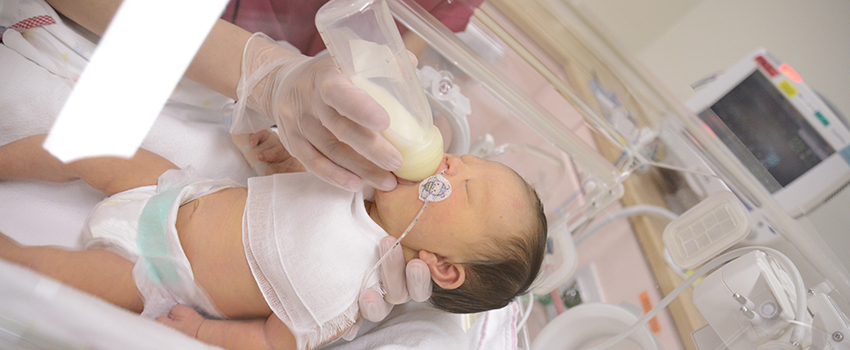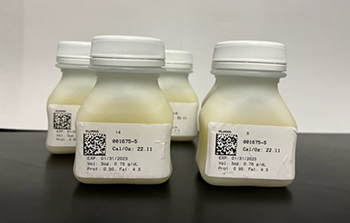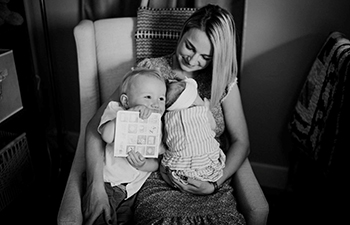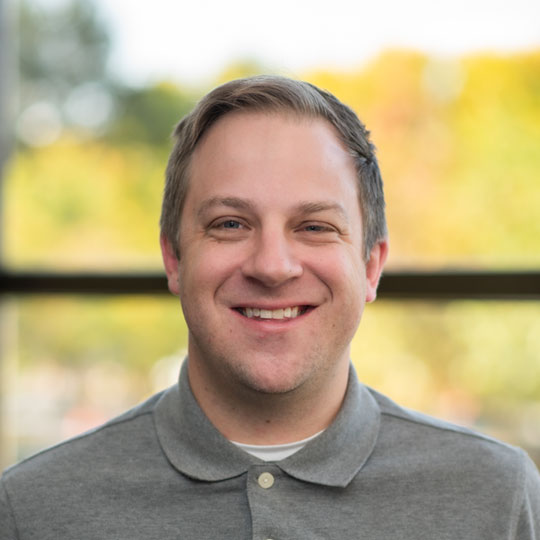-
Call Us
-
Baker City (541) 523-1521
-
Boise (208) 381-2222Nearest Location
-
Buhl (208) 814-1000
-
Caldwell (208) 381-2222
-
Eagle (208) 473-3000
-
Fruitland (208) 381-2222
-
Hailey/Ketchum (208) 727-8800
-
Jerome (208) 814-9500
-
McCall (208) 634-2221
-
Meridian (208) 706-5000
-
Mountain Home (208) 587-8401
-
Nampa (208) 381-2222
-
New Meadows (208) 634-2221
-
Ontario (208) 381-2222
-
Riggins (208) 634-2221
-
Sun Valley (208) 727-8800
-
Twin Falls (208) 814-1000
-
-
Health Services
-
Communities & Locations
If you or someone you know is experiencing a mental health crisis, call 988 for 24/7 free and confidential crisis support. You do not have to be suicidal to call. Access more info and resources on suicide prevention, emotional and mental health support.
Site Navigation
Supplemental
- About St. Luke’s
- Donate or Volunteer
- Blogs
- For Providers
- En Español
- Contact Us In Boise (208) 381-2222
Menu
-
Health Services
Health Services Menu
Medical Services
Specialties, Conditions, Procedures & Treatments
Search by keyword or browse our list of services.
Providers
Find a provider by specialty, location, or availability.
On-Demand Virtual Care
Available seven days a week from 8 a.m. to 8 p.m.
Research Studies & Clinical Trials
See current studies testing new drugs, devices, and equipment to find better ways to treat and help patients.
Health Information
Health Activities
Life Events
-
Communities & Locations
Communities & Locations Menu
Facilities
Emergency & Urgent Care
For life-threatening emergencies, call 911 without delay.
Clinics
Search by specialty and location.
Hospitals & Medical Centers
Receive the highest level of care from the region's leading providers.
Labs & Imaging Centers
Find a lab or imaging facility close to you.
Pharmacies
Search for a retail pharmacy in your area.
Infusion Centers
Find an outpatient infusion center.
Business Services
Visit us to pay bills, ask billing questions, or request billing records.
Nearest You
-
Resources For Patients & Visitors
Resources For Patients & Visitors Menu
After Your Visit
-
 MyChart
MyChart
-
Search
Search Menu
- Community members can help babies in need at St. Luke’s by donating unused breast milk
Community members can help babies in need at St. Luke’s by donating unused breast milk

Donating life-changing biological material is vital to a hospital, be it blood, plasma, bone marrow and the sort.
But often, the amount of times a person can donate or what is specifically needed can limit the pool.
However, there is one way that community members can help out the smallest and most fragile St. Luke’s patients.
St. Luke’s is a donation center for breast milk, which is used in the neonatal intensive care unit (NICU), pediatric intensive care unit (PICU), pediatrics and the newborn nursery.
“What I love about it is the community involvement, how it’s a full circle, beautiful thing,” said Lauren Bailey, donor milk system lead at St. Luke’s Children’s. “(Lactating individuals) that have extra can help out other babies; it’s pretty special.”
Community members can contact St. Luke’s to drop off unused breast milk, which is then sent to milk banks in Colorado and Utah, where it is tested, screened and pasteurized. Most of it returns right back to be used at St. Luke’s, though some could end up helping babies in other communities in the region.
Since the program’s introduction in 2013, St. Luke’s has collected more than 800 gallons of donated breast milk. Last year alone, more than 12,000 ounces were donated. Bailey, who started at St. Luke’s in the NICU nutrition room, said approximately 75% of NICU babies receive banked donor milk at least once during admission.
While some babies require specialized nutrition, the recent formula shortage across the country has put more emphasis on breast milk feeding for babies who can handle it.
“Some kids need specialty and can’t take breast milk, but if there’s a baby on standard calories, and can take either, we can help with more breast milk available,” Bailey said. “Maybe (a new parent) can’t produce and they want that option. There are ways we can have them be able to have it at home, too.”
Programs like the one at St. Luke’s require help from the community, and locally, one such donor is Melissa Thompson, an art teacher at Boise High.
In the summer of 2020, when she gave birth to her son, she found that she tended to overproduce. She wasn’t sure what to do with the extra milk, so she got in touch with her OB-GYN, Dr. Timothy West, who suggested donating it.
“I’m a wuss with needles, so being able to donate something back to help out … it was a no-brainer for me. It was something very easy to do,” Thompson said. “I can’t imagine what they go through in the NICU, so I’m glad to help out in any way.”
Thompson, who had a daughter this spring, donates monthly. Even while on a recent trip to Mexico, knowing she couldn’t take her extra amount with her, she was able to connect and donate there.
“There’s definitely a need,” Thompson said. “It does feel nice to be able to give back, help out. It makes it worthwhile sitting hooked up to the pump a few times a day, kind of makes my attitude toward the whole process a little better.”
For more information, please call:
Boise: (208) 381-7644
Twin Falls: (208) 814-6455
Meridian: (208) 706-3119
About The Author

Dave Southorn works in the Communications and Marketing department at St. Luke's.
Take Care, Someone Needs You.
You take care of others, so take care of yourself. Let us be your partner in health, whether you're recovering from an injury, checking in for your annual exam, or enjoying an online class.
Because when you take care of yourself, everyone around you benefits.

